Former British MP Jacob Rees-Mogg and family to star in new reality TV series
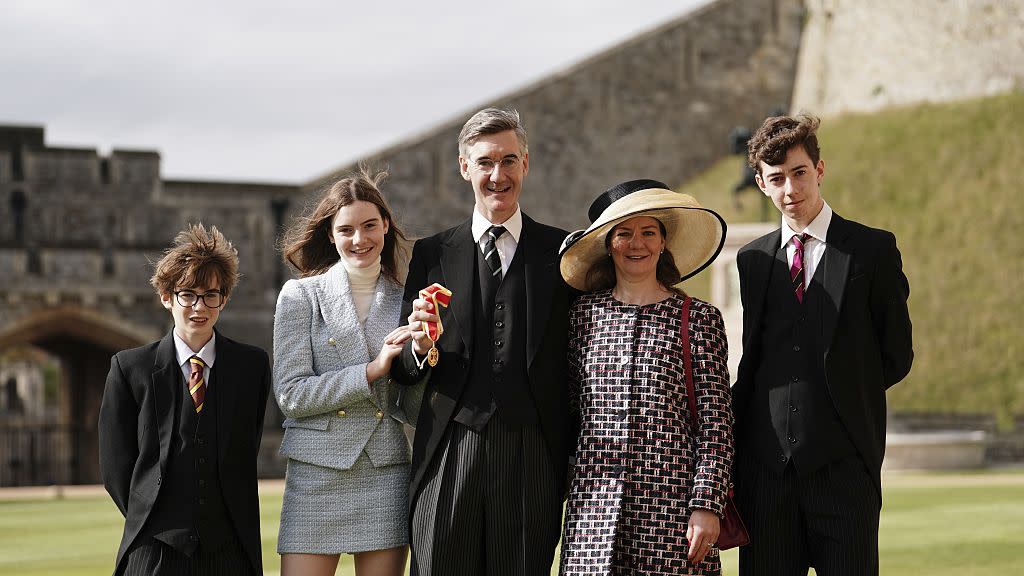
One of many Conservative casualties to Labour's landslide victory in the UK general election last week was the not very widely liked but very well-known MP Jacob Rees-Mogg, who lost his seat in the constituency of North East Somerset & Hanham to Labour's Dan Norris.
Having missed out by 5,319 votes, the notoriously eccentric politician signed off from his political career in the small hours of election night with a quote from ‘Chitty Chitty Bang Bang’: “From the ashes of disaster grow the roses of success."
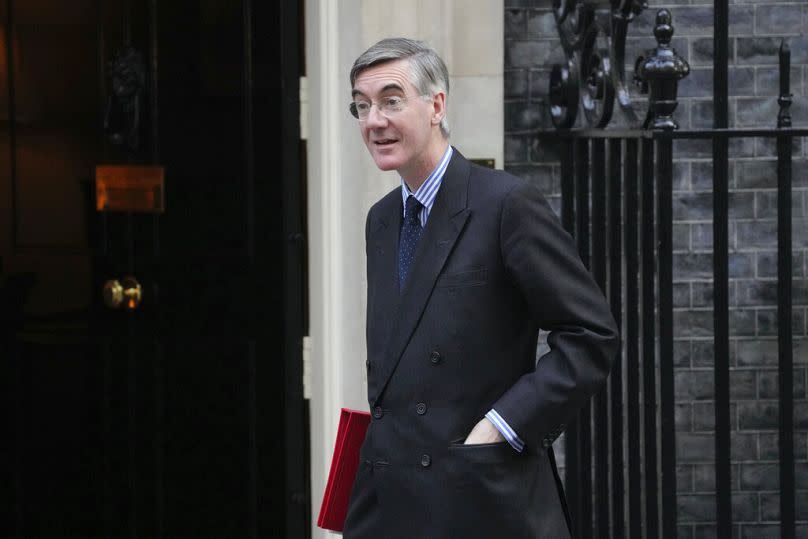
It was a strange choice of words. The Labour party now governing England with a majority of 174 famously runs under the motif of a rose, and it is almost entirely from the ashes of the Tory party’s governing disaster that Keir Starmer's victory flourished.
But apparently Rees-Mogg had something else in mind when quoting Caractacus Potts. A press release issued while the body of his ruined party was not yet cold has informed the public that he will be starring in a new reality TV series about his and his family’s lives. According to Discovery+ it’ll be called Meet the Moggs.
The perfect subject?
One of the obvious contradictions with reality TV is that its subjects so rarely correspond with what the rest of us might call reality. This is, of course, the reason for its popular fascination: most people are curious to see what life is like when lived differently from their own.
And given that Rees-Mogg has styled himself throughout his political career as a man living in a different time, participating in the alternative reality of a bucolic and prosperous and devoutly polite England (he always appeared to have very limited interest in the UK at large), he seems to have correctly identified that this oddball fiction of a man called Jacob Rees-Mogg might attract more than a few rubberneckers.
Accepting that the country which Rees-Mogg calls England is a place very different from the England which, in his and other Conservative politicians’ hands, has witnessed a grim plunge in global reputation and living standards, Euronews Culture takes a look at the half-delusional fictional predecessors Rees-Mogg could model himself on during his foray into reality TV.
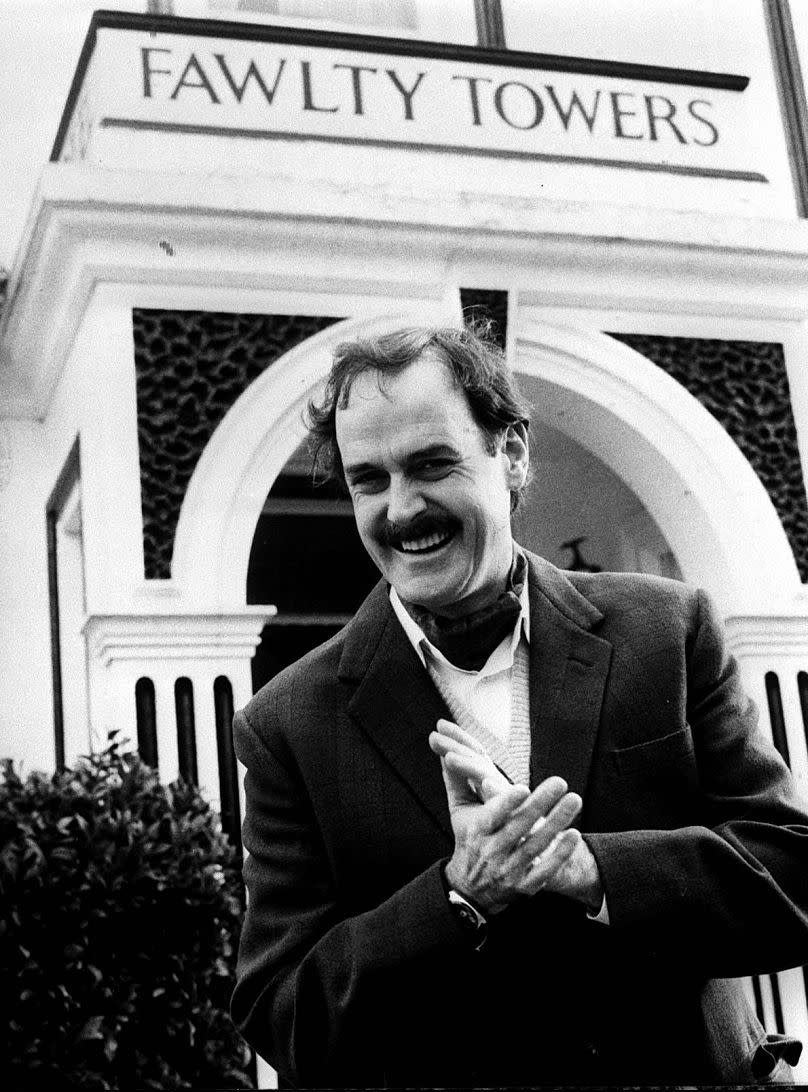
Basil Fawlty
In his own press release, Rees-Mogg described the forthcoming series as likely to be “a bit more Fawlty Towers than Downton Abbey”. In this he seems to have been allying himself with John Cleese’s protagonist Basil Fawlty, the unhappy, hapless proprietor of an English seaside hotel ever trying to save what little face he can in the face of his own self-inflicted chaos.
In some regards the comparison is not without insight: Basil is a xenophobe, harping constantly on the show’s Spanish waiter, Manuel; he is entirely preoccupied with class, or rather the simulation of himself belonging to a higher class than he really does; and he is cripplingly nostalgic for an England which he no longer recognises in the customers he pretends to serve.
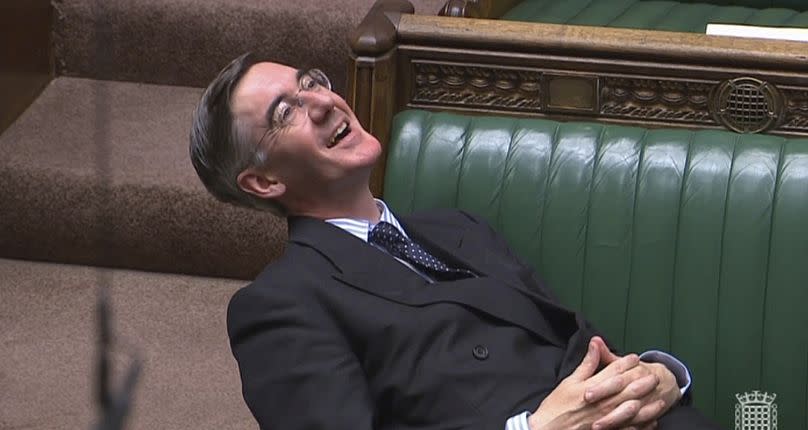
But if you watch ‘Fawlty Towers’, you'll see immediately that Basil is far too good a comparison for Rees-Mogg. In Cleese’s hands he has wit, and his preoccupation with social respectability involves at least the knowledge that he doesn’t quite have it.
Rees-Mogg, however, seems comfortable enough in his manufactured aristocratic persona to practically fall asleep on the benches of the House of Commons. Basil Fawlty would never do so without some extreme and interesting reason.
Rating: 5/10 - half right; more accurate to compare Rees-Mogg to the doddery veteran character Major.
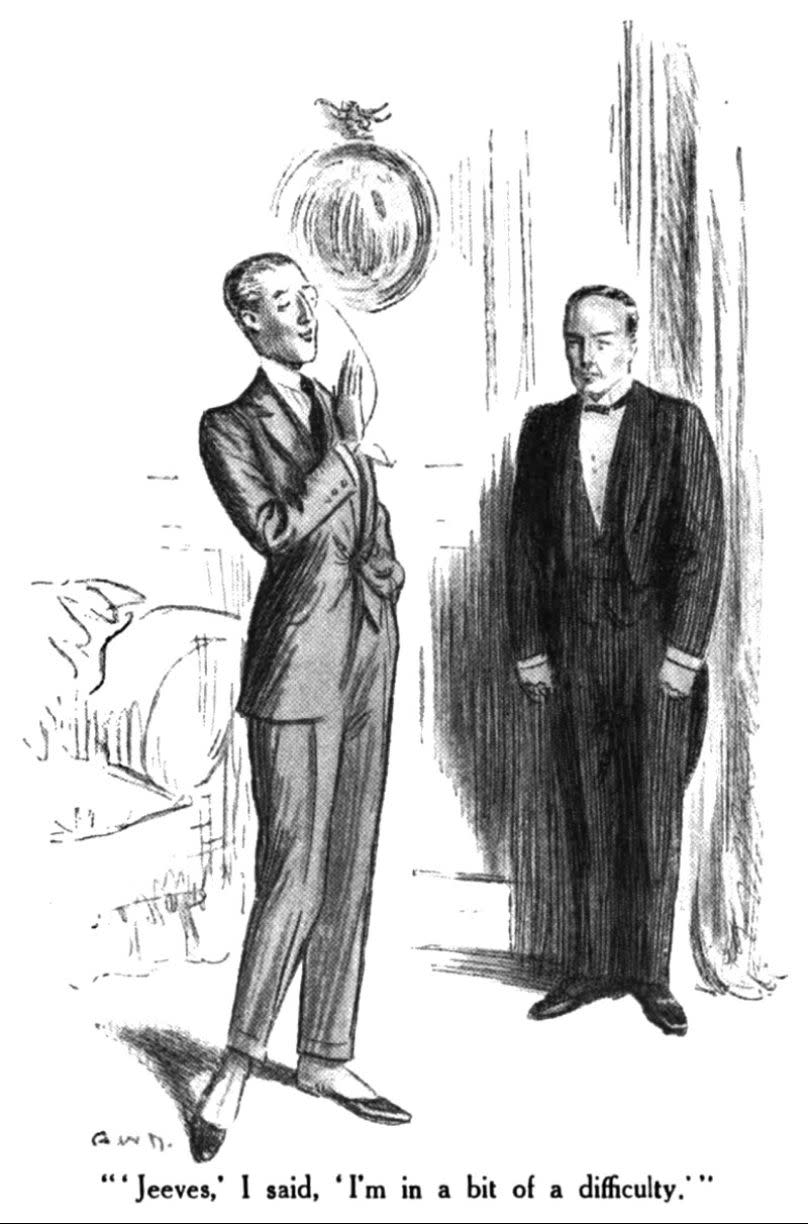
Bertie Wooster
P. G. Wodehouse’s comic creation is something of a landmark in the history of the English buffoon, an interminable touchstone against which all subsequent monied, jolly-minded simpletons in the modern English canon are measured.
Growing up, Wodehouse found that spending time “below stairs” in the servants’ quarters furnished him with much greater joy, not to mention a finer appreciation for competency, than did the time spent upstairs hob-nobbing with members of his own class.
Thus, in his ‘Jeeves and Wooster’ short stories and novels, Wooster’s valet, Jeeves, is the hero of every story, deploying a preternatural intelligence to rescue his master from innumerable self-imposed scrapes.
Often these scrapes involve exactly the sort of mundane silliness that you might imagine Rees-Mogg to be capable of, though nothing quite so silly as Brexit, which even Jeeves might have found rather a pickle to resolve.
Which leads us to the main issue here: who really wants to watch a TV show about a Jeevesless Wooster?
Rating: 3/10 - Bertie Wooster is simply too nice to be compared with the quiet malice of Rees-Mogg's hideous politics.
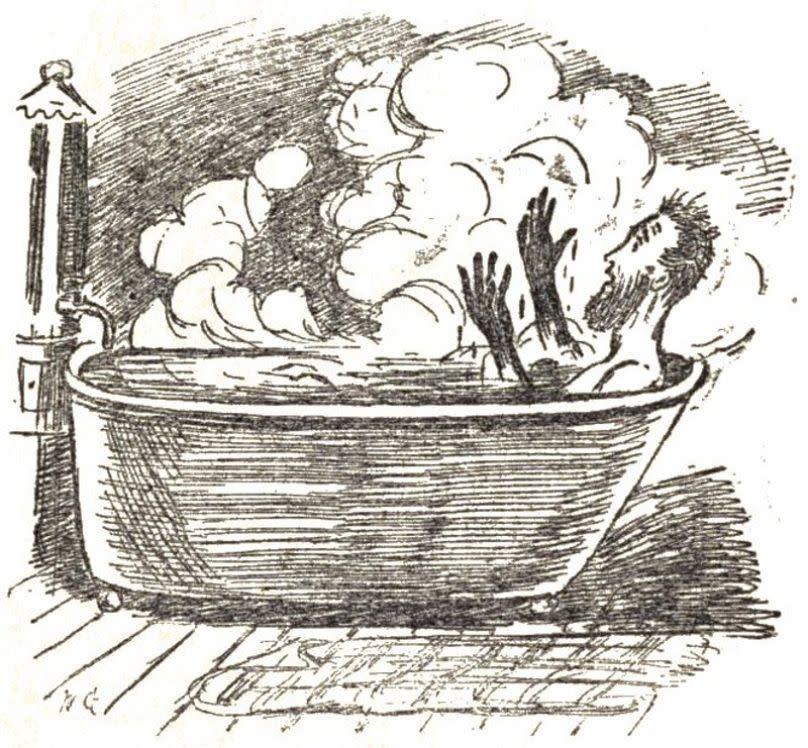
Charles Pooter
Now we’re onto something. Charles Pooter was brought into being by brothers George and Weedon Grossmith as the protagonist for their 1892 comic novel ‘Diary of a Nobody’.
The novel is the diary of a lower middle-class man who cannot let go of the idea that he might be being slighted by people he speaks to, and in the process becomes tedious, pompous and small-minded about the most mundane of things.
Pooter borders always on the faintly imbecilic, crossing over sometimes with foolish consequences. One famous entry reads:
"Painted the bath red, and was delighted with the result. Sorry to say Carrie was not, in fact we had a few words about it. She said I ought to have consulted her, and she had never heard of such a thing as a bath being painted red. I replied: “It’s merely a matter of taste.”"
Later on, we learn that Pooter has had a bath and come out, as expected, entirely red. He doesn’t mention this private embarrassment to anyone, and can be thankful for the absence of intrusive film crews in 1892. We hope Rees-Mogg won’t be so lucky in his low-stakes quotidian missteps.
And another thing. Pooter by name, Pooter by nature: we actually get the adjective “pooterish” from the character himself. Collins defines it as: “of or like a type of middle-class person regarded as unimaginative, conventional, self-important, etc.”
And if that doesn’t convince you, we don’t know what will.
Rating: 10/10 - but instead of turning his bath red, he turned his constituency Labour.


